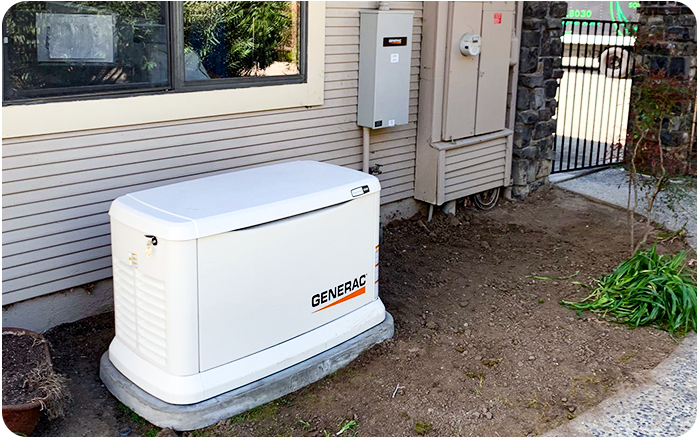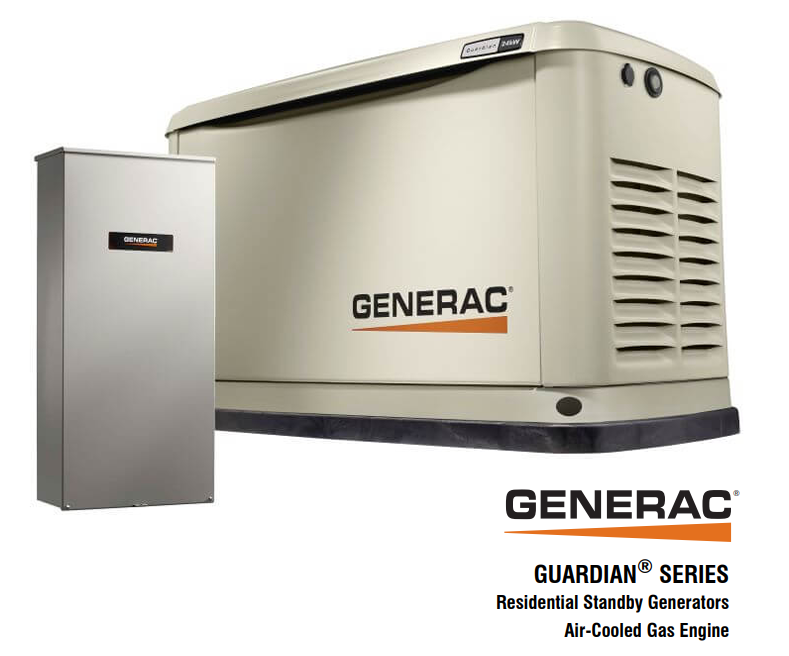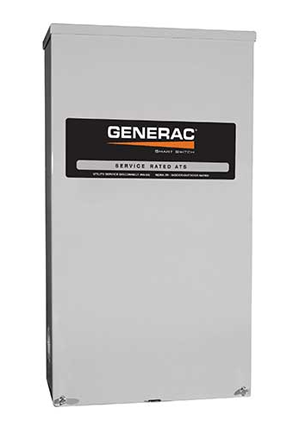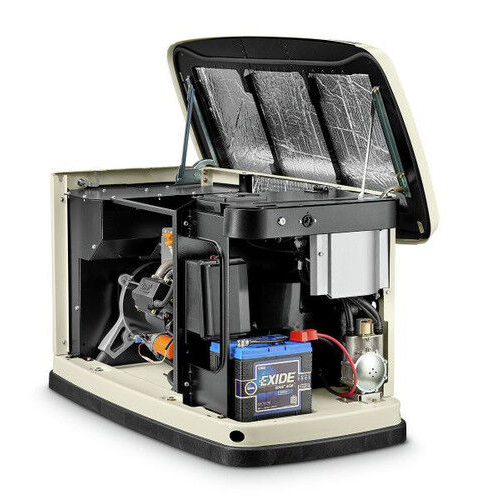Choosing the right whole-home generator involves considering several key factors:
- Power Requirements: Calculate the wattage needed to run essential appliances, HVAC systems, and other devices during an outage.
- Fuel Type: Generators can run on natural gas, propane, or diesel. Choose the fuel type based on availability and cost in your area.
- Automatic vs. Manual: Automatic standby generators turn on when power is lost, while manual ones require user activation.
- Reliability: Opt for a generator from a reputable brand like Generac, Kohler, or Cummins for dependable performance.
- Noise Level: Consider quieter models if the generator will be placed near living spaces.












